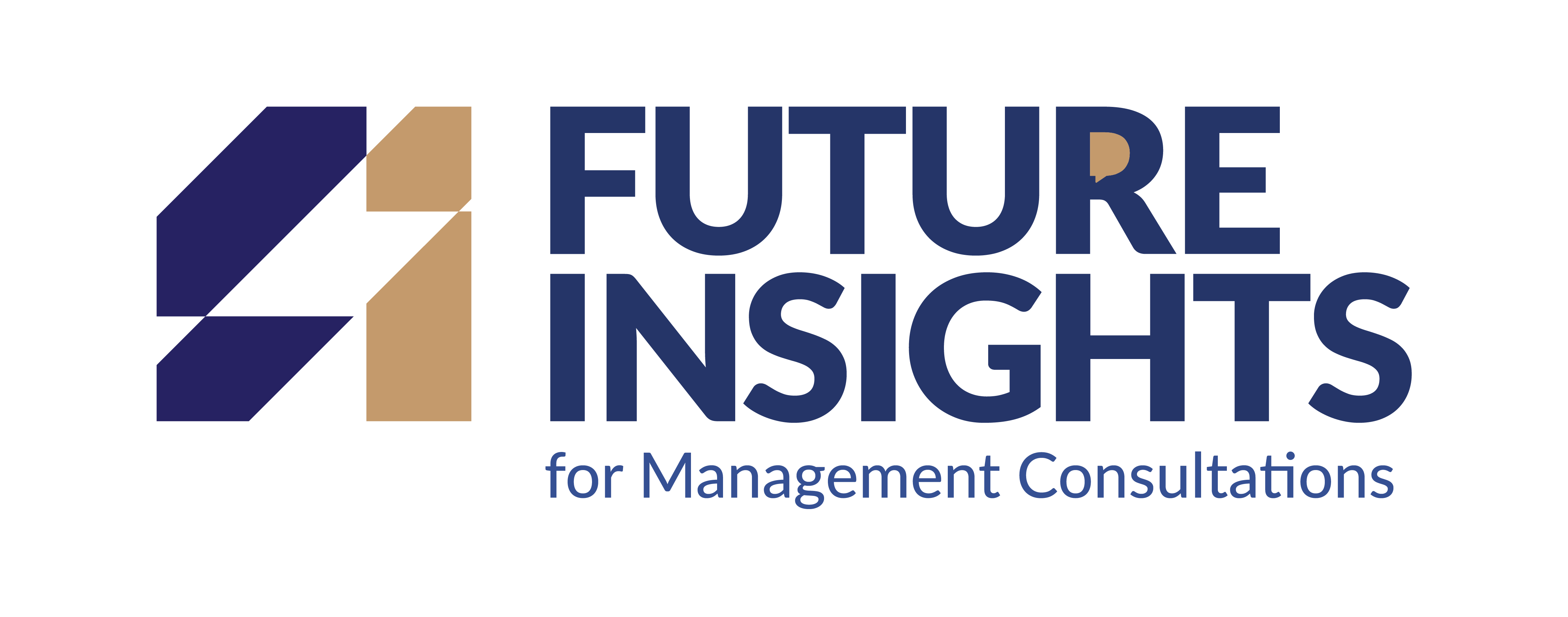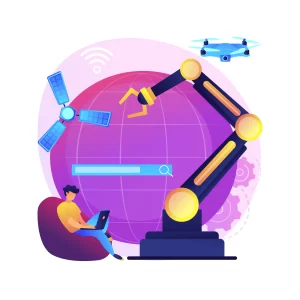1. What is Emotional Intelligence?
Emotional intelligence, first popularized by psychologist Daniel Goleman, comprises five key components:
- Self-Awareness: Recognizing and understanding your emotions and how they affect your actions.
- Self-Regulation: Managing your emotions, especially in stressful situations, and maintaining control.
- Motivation: Harnessing your emotions to stay focused and achieve long-term goals.
- Empathy: Understanding and considering the emotions of others.
- Social Skills: Building and maintaining healthy interpersonal relationships.
2. Why Emotional Intelligence Matters in Your Career
Enhancing Leadership Abilities
Leaders with high EI are better equipped to inspire and guide their teams. They can resolve conflicts, build trust, and create a positive work environment.
- Example: Satya Nadella, CEO of Microsoft, used emotional intelligence to transform Microsoft’s culture into one of collaboration and innovation.
b. Improving Communication Skills
EI helps you communicate effectively by tailoring your message to your audience and reading nonverbal cues. This is particularly valuable in negotiations, presentations, and teamwork.
c. Boosting Workplace Relationships
Empathy and social skills foster collaboration and strengthen relationships with colleagues, clients, and supervisors, contributing to a harmonious work environment.
d. Enhancing Decision-Making
By managing emotions effectively, you can think more clearly, make sound decisions, and avoid being swayed by biases or impulses.
3. How Emotional Intelligence Drives Career Success
a. Increased Job Performance
Studies have shown that employees with high EI outperform their peers. They adapt better to change, handle stress effectively, and contribute to a more productive workplace.
b. Greater Career Opportunities
Hiring managers increasingly value EI in candidates, recognizing that emotionally intelligent employees are better team players and leaders.
c. Stronger Personal Brand
A reputation for empathy, professionalism, and emotional resilience can set you apart in competitive environments.
4. Developing Emotional Intelligence
The good news is that emotional intelligence can be developed and strengthened. Here’s how:
a. Practice Self-Awareness
- Keep a journal to reflect on your emotional responses and identify patterns.
- Seek feedback from trusted colleagues or mentors about your interactions and emotional responses.
Master Self-Regulation
- Practice mindfulness or meditation to stay calm under pressure.
- Pause before reacting emotionally to challenging situations.
c. Cultivate Empathy
- Make a conscious effort to listen actively and understand others’ perspectives.
- Pay attention to body language and tone to pick up on unspoken emotions.
Build Social Skills
- Invest in building strong professional relationships.
- Practice conflict resolution by addressing issues calmly and constructively.
Stay Motivated
- Set clear, achievable goals and remind yourself of your “why.”
- Celebrate milestones to keep yourself engaged and focused.
5. Emotional Intelligence in Action
Case Study: Satya Nadella, CEO of Microsoft
When Satya Nadella became CEO of Microsoft, he prioritized emotional intelligence as a key leadership skill. By fostering a culture of empathy and collaboration, he turned the company around, making it one of the most valuable firms in the world. His ability to connect with employees, listen actively, and lead with empathy inspired innovation and growth across the organization.
6. Emotional Intelligence: A Lifelong Journey
Developing emotional intelligence is not a one-time effort—it’s a continuous process of self-improvement. As you grow in your career, your ability to navigate complex emotions, build meaningful relationships, and lead with empathy will become even more critical.
7. Conclusion
Emotional intelligence is more than a buzzword; it’s a game-changer in your career. By mastering the art of understanding and managing emotions—both yours and others’—you can achieve greater success, build stronger relationships, and lead with impact. In a world where human connection is more valuable than ever, emotional intelligence truly is the key to unlocking your potential



